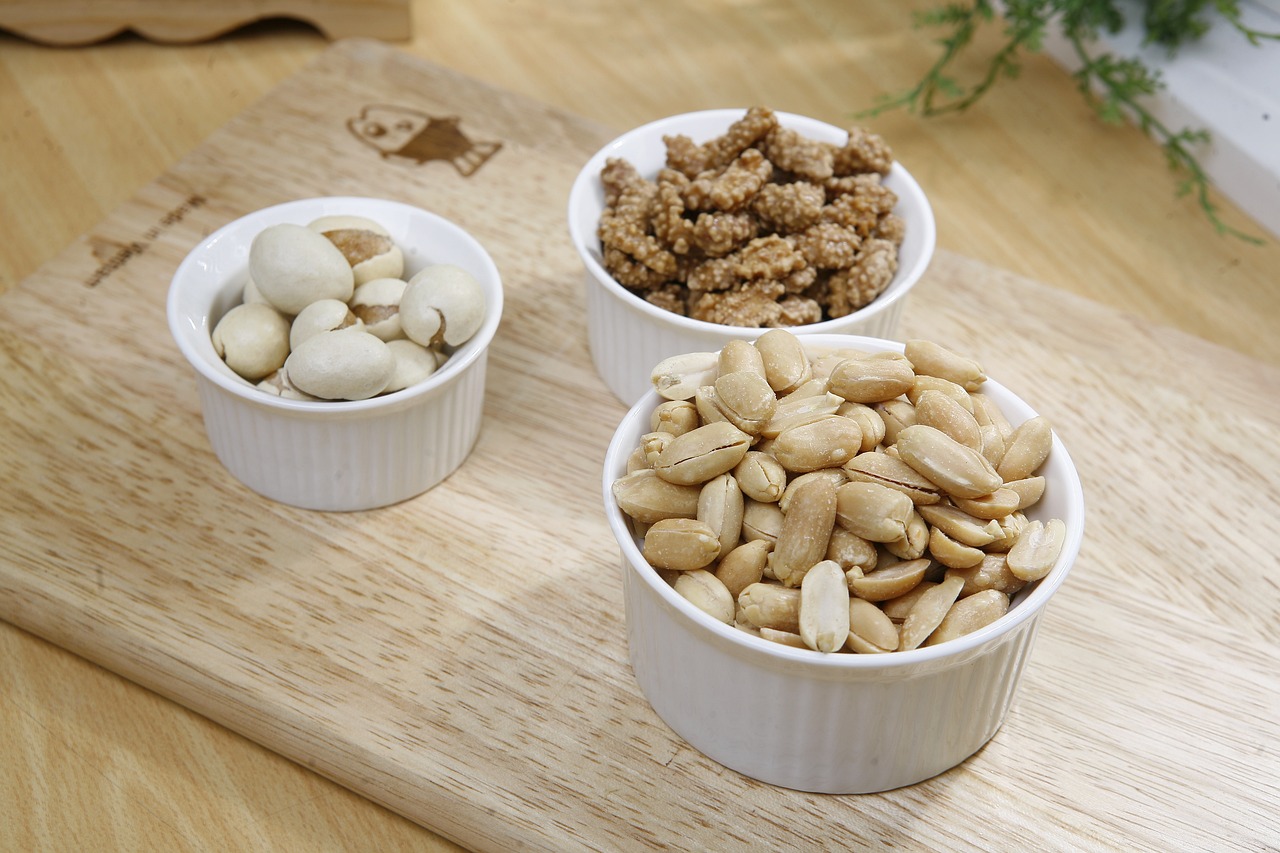Proper oral care important for health
This article is written from Swedish conditions. Hopefully, it can inspire interested individuals from other countries.
Proper basic oral care reduces the risks of poor oral health. The correct aids and understanding and following the dental hygienist's advice are important measures to reduce the health risks that arise as a result of poor oral hygiene.

Oral Health Important for Well-being
An important aspect of elderly care is maintaining and promoting good oral health among residents in nursing homes. Oral health plays a central role in the overall health and well-being of the elderly, as well as their ability to eat, speak and socialize with others. Unfortunately, oral health problems are common among the elderly, which can lead to physical pain, forgetfulness and decreased quality of life. Therefore, it is crucial that nursing homes prioritize oral health care to protect and improve the oral health of the elderly.
Poor dental health often leads to malnutrition and can cause pneumonia, heart disease and premature death. Pain and sores in the mouth are other consequences of poor oral health. Treatment with drugs can lead to decreased saliva production and dry mouth. Fungal infections in the mouth are relatively common among the elderly. In the long run, this can lead to malnutrition, pressure sores and fall injuries.
Many people who receive care have rights when it comes to dental care. This applies to everyone who lives in special accommodation or those who have a permanent need for extensive care and support services. More about this in the blog about the dental hygienist.
Oral Health Assessment
In nursing homes, many care recipients need help with their oral health. Oral health is an area that has been and is neglected.
Oral health assessments made by a dental hygienist can be used as instructions for the staff in the residence when someone needs help with their oral care.
The oral health assessment reveals whether the care recipient has dentures, partial dentures, their own teeth or implants and how oral care should be managed. Most elderly people today have their own teeth. To get clean between the teeth, the dental hygienist often recommends the use of interdental brushes. Training and further training of the staff is important in order to improve the oral health of the elderly and for the elderly to receive individually tailored help with their teeth. The responsible nurse has the overall responsibility for the oral care functioning and should ensure that the staff perform their tasks. It would be desirable for the contact person to take special responsibility for following up on "their residents". The nurse can, together with the staff, make oral health assessments ROAG in senior alert.
Offering help with oral care
It can sometimes be difficult to perform oral care on people with dementia and be perceived as an invasion of privacy by the person receiving the help. If oral care becomes a natural part of care when someone has moved in, it may be easier to continue to help.
The approach, having eye contact, informing about what will happen, conveying calm in care is often the best way to help someone who has advanced dementia. It's about finding your way to reach and distract the elderly.
It is also important that the nursing home offers a nutritious diet that promotes oral health among the elderly. A balanced diet with the right nutrients can help strengthen teeth and gums, while it can reduce the risk of tooth and mouth-related problems. The staff should also be aware that certain medications can have negative effects on oral health and thus be prepared to deal with any problems that arise.
Training in oral health care
The unit that has the region's mission to offer dental care in the nursing home should also offer training in oral health to the employees at the nursing home.
Oral health assessments and instructions for dental care should be available in the care recipient's bathroom. The elderly also need to have money so that the staff can buy what is needed to perform oral care.
Reflection questions - oral care
Care staff:
- What do you do to ensure that everyone living with you gets good oral care?
- How do you work as a group to make oral care work on the unit?
- Do you have people living with you where it is difficult to get to take care of oral care and how do you handle it?
Manager, nurse, occupational therapist and physiotherapist:
- What do you do to follow up that oral care works?
- How do you follow up that oral care works in the evening when the most important oral care takes place?
Residents and relatives:
- Does your relative need help with oral care?
- Have you received information about oral care and the oral status of your relative?
- Does oral care seem to work as it should?
Erland Olsson
Specialist nurse
Sofrosyne - Better care every day

Aktuellt i media
-
2025-04-14 04:00
08 Förebyggande o lokaler
The art of furnishing a nursing home, a balancing act between homeliness, functionality, and hygiene aspects.
info -
2025-04-10 04:00
04 Bemötande
Waking up in a nursing home - is the morning routine adapted to each individual's needs?
info Bild: Pixabay
Bild: Pixabay -
2025-04-07 04:00
09 Mat och måltid
For the elderly, it is often important to eat many snacks in order to get enough nutrition.
info Bild: Pixabay
Bild: Pixabay -
2025-04-03 04:00
04 Bemötande
What creates safety in elderly care homes - advice and tips on creating a secure environment for the residents
info -
2025-04-01 00:00
10 Aktivitet o funktionsbevarande arbetssätt
Reminiscing, working with memories, is an activity that creates a lot of added value for people with dementia.
info - 2025-03-31 04:00 05 Planering

